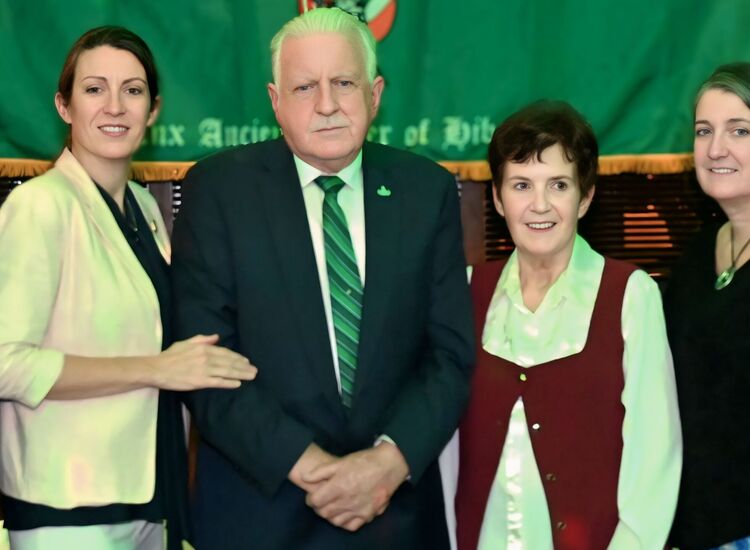[caption id="attachment_66569" align="aligncenter" width="600" caption="Kevin Cullen."]
Keeping a secret has never been easy and in a time when information is truly ubiquitous it is an even more difficult. Just ask the guardians of the "Belfast Project," the details of which are housed behind the seemingly impregnable walls of the Burns Library at Boston College. The growing legal wrangle over the archive has brought forth reports, columns and op-eds and there's for sure lots more to come, perhaps even a U.S. Supreme Court case down the pike a ways.
Right now, however, the issue is being dealt with primarily on the written page and away from the courts with the Boston Globe taking a leading role on both sides of the argument, which, it should be stated, is not a bad thing for a leading newspaper.
But in this case there is an extra ingredient. The Globe editorial that backed moves by the PSNI to secure information from the archive that is currently under seal prompted not just an 0p-ed in reply from Ed Moloney and Anthony McIntyre, compilers of the project material, but also a riposte from Globe columnist Kevin Cullen who might want to consider having a food taster on hand in the Globe canteen for a while.
Here's Ed Moloney (on his blog, thebrokenelbow.com) on the matters of Cullen's column and the preceding editorial: "Kevin's article was inspired by a further move by the PSNI and U.S. Attorney's office to invade Boston College's archive of IRA interviews, an outrageous fishing expedition which daily looks more and more like a politically motivated effort to damage the IRA's peace process architect Gerry Adams.
"The second, by ourselves (Moloney and McIntyre), was driven by an outrageous neocon-style editorial in the Globe urging Boston College to surrender the archive to the PSNI. I am told that it was written by a woman whose normal beat is pop culture. The ignorance and lack of understanding of Irish affairs evident in the editorial was strong evidence that the woman should really stick to pop music and the world it inhabits. In the absence of any response from Boston College itself, we asked for the right of reply."
This was granted by way of the op-ed which reads in part: "The subpoenas that have been served are based on an unproven assertion: that an interview given to the college by a former Irish Republican Army activist, Dolours Price, could shed light on a 40-year-old murder and should be surrendered.
"The truth, however, is that the Police Service of Northern Ireland (PSNI), on whose behalf U.S. Attorney Carmen M. Ortiz is acting, does not know what Dolours Price told Boston College's interviewers. Neither does Ortiz.
"They do not know because the legal basis for the subpoenas is deeply flawed, the result of either rank incompetence or sleight of hand. The authorities have justified the action by claiming that an interview with Price published in a Belfast newspaper in February 2010 about the murder was derived from her Boston College interview, when in fact it was based on a separate taped interview given directly to the newspaper. Price's interviews have never been released by Boston College and never would be - because a guarantee of confidentiality was given to every interviewee.
"What is happening is essentially an unwarranted fishing expedition into the college archives. It has been suggested that not to comply with the subpoenas could anger the British government, which might then raise obstacles in America's fight against terrorism. Yet the subpoenas are not the work of the British government per se; its minister in Northern Ireland has expressed embarrassment at the move. Rather, they originate from a small number of PSNI detectives who can hardly be surprised if their motives are questioned.
"After all, the murder at the center of this case was largely ignored by the police for the best part of 40 years, and even when Price's newspaper interview was published in 2010 they did nothing.
"A whole year passed before action was taken. When the police service did move, it was within weeks of Sinn Fein's remarkable electoral comeback in the general election in the Republic of Ireland. In that election, Gerry Adams was elected to the Dublin parliament and is well-placed to lead his party into government next time. Only then did the PSNI crank into action. Was that just a coincidence?








